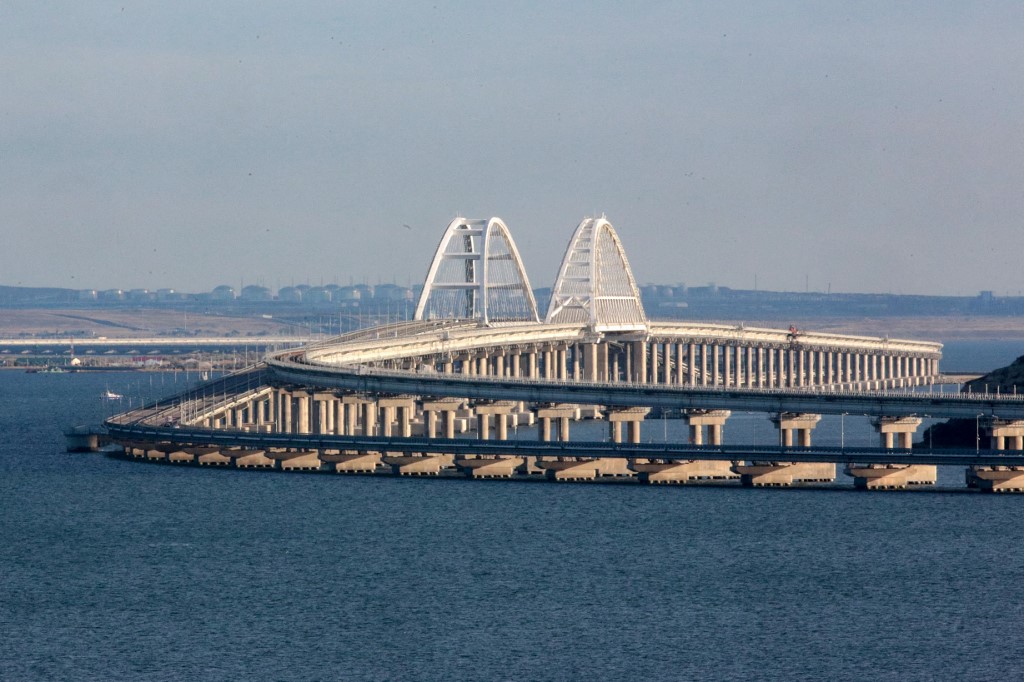Bulgaria, which transits Gazprom gas through the TurkStream pipeline, can play a key role in ending the current deal between Hungary and Gazprom amid ongoing supply negotiations, Martin Vladimirov, director of the energy and climate program at the influential Bulgarian think tank Centre for the Study of Democracy, told Euractiv Bulgaria.
The energy expert called for a pan-European decision to ban Russian gas or introduce a tax to equalize the cost of buying Russian and buying alternative gas.
JOIN US ON TELEGRAM
Follow our coverage of the war on the @Kyivpost_official.
"Bulgaria should no longer allow Russian gas to flow to Central Europe because in this way we are once again turning into a ‘trojan horse’ of Russian fuel," commented Vladimirov.
From the beginning of 2025, the TurkStream route through Bulgaria will be the only gas pipeline carrying Russian gas to Europe after the Ukrainian route is closed.
"Bulgaria will be the most important country for gas transit. This means Bulgaria is the key to stopping Russian gas," explained Vladimirov.
He added that the state company Bulgartransgaz could easily terminate its relationship with Gazprom if such a political decision is made.
Vladimirov also claims this will cause serious unrest in Serbia and Hungary and perhaps an avalanche of lawsuits against Bulgaria.
"The best solution is for the EU to decide to ban the import of Russian gas, but there is also a more cunning way. The EU could decide that all the gas that enters the bloc from Ukraine or Turkey is automatically considered Russian gas and is taxed,"
Vladimirov added.
The tax is intended to bring the price of Russian gas into line with the cost of purchasing alternative gas.
"This should serve as an incentive for Gazprom's customers to reduce their dependence on the Russian company. We are seeing that the Russian gas market share in Europe is constantly growing since it is very cheap. Many EU companies that had stopped buying it, for example, the Czech ones, have resumed supplies," he added.

US Hits Russian Elites with Sanctions for Using Digital Assets to Dodge Restrictions
He also recalled that Italian companies have also increased supplies of Russian gas.
"They all benefit from the low price and the fact that there are no sanctions against Russian gas," the analyst pointed out.
An analysis by the Center for the Study of Democracy presented in June shows that the Central and Eastern European region has three times more spare capacity to import alternative gas than it currently imports from Russia. These countries have three times more gas supply capacity than Russia through the existing interconnector network.
The most vulnerable countries are those most dependent on Russian gas - Slovakia, Austria, Greece, indirectly, and Bulgaria, "because in practice it imports Russian gas from Greece, which is traded under a different label," says Vladimirov.
"The existence of alternatives means that there are solutions, but political will and a little more unanimity at the European level are needed," he added.
Asked by Euractiv Bulgaria whether European rules allow Hungary to use the full capacity of TurkStream to import Russian gas, Vladimirov recalled that Gazprom reserves 90% of the pipeline's capacity.
The expert added that if Gazprom keeps the remaining 10% capacity free, it will violate EU law. Hungary, like others, can buy Russian gas at the Bulgarian-Turkish border and transport it to Hungary.
The TurkStream pipeline, built just before the Russian invasion, bypasses Ukraine and delivers Russian gas along the bottom of the Black Sea to the European territory of Turkey and then to Bulgaria, where it is called Balkan Stream. Bulgaria does not import gas from this pipeline but provides transit to Serbia and Hungary.
At the end of 2023, Boyko Borissov, former prime minister and leader of the leading Bulgarian party GERB, admitted that Bulgaria had tried to use the transit of Russian gas as an argument to convince Austria to let Bulgaria into Schengen.
The Turkish Stream gas pipeline was built in 2020 when Borissov was prime minister and Ekaterina Zaharieva, Bulgaria’s current commissioner candidate, was foreign minister.
In October 2023, the Bulgarian government announced that it would impose a new tax on the transit of Russian gas to Central Europe via Turkish Stream, visibly angering Serbia and Hungary.
The government in Budapest threatened to veto Bulgaria's Schengen membership, and the new fee was cancelled.
Borissov has repeatedly told the Bulgarian public how much Bulgaria earns from the transit of Russian gas, even though Russia stopped supplying gas to the Bulgarian economy in 2022, breaching contracts.
See the original here.
You can also highlight the text and press Ctrl + Enter






